Everything You Need To Know About
Granular Lawn Fertilization
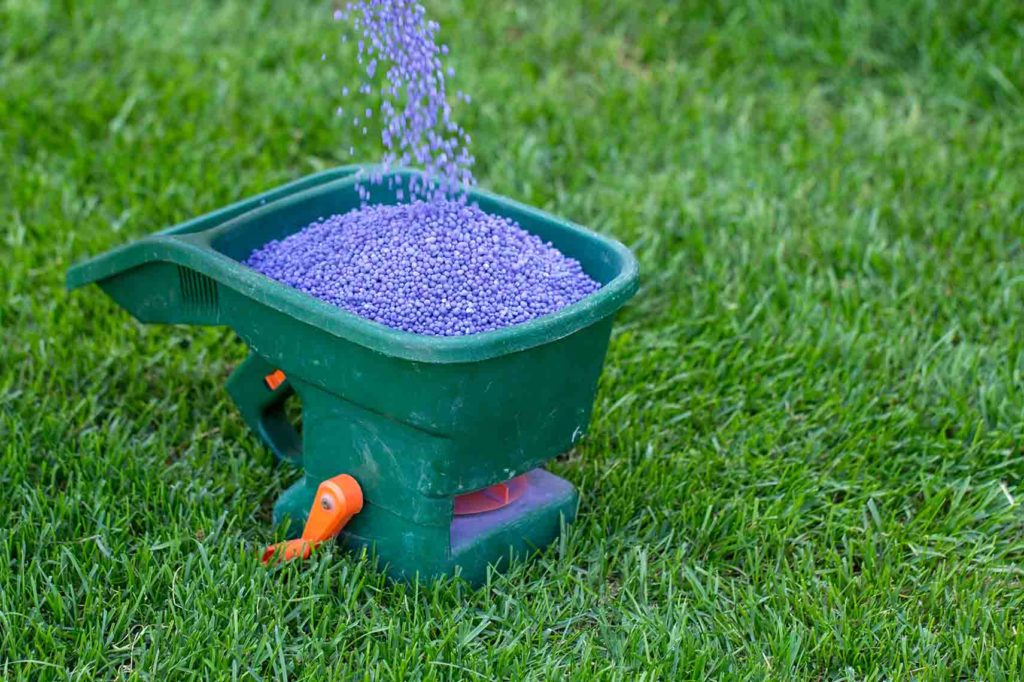
Granular lawn fertilization is the best way to sustain the long-term health of a residential or commercial lawn. At Elite Lawn Care, we understand the importance of providing your lawn with the proper nutrients it needs to not only start growing in spring, but to continue to grow throughout the year. That’s why we want to provide you with everything you need to know about granular lawn fertilization in Illinois!
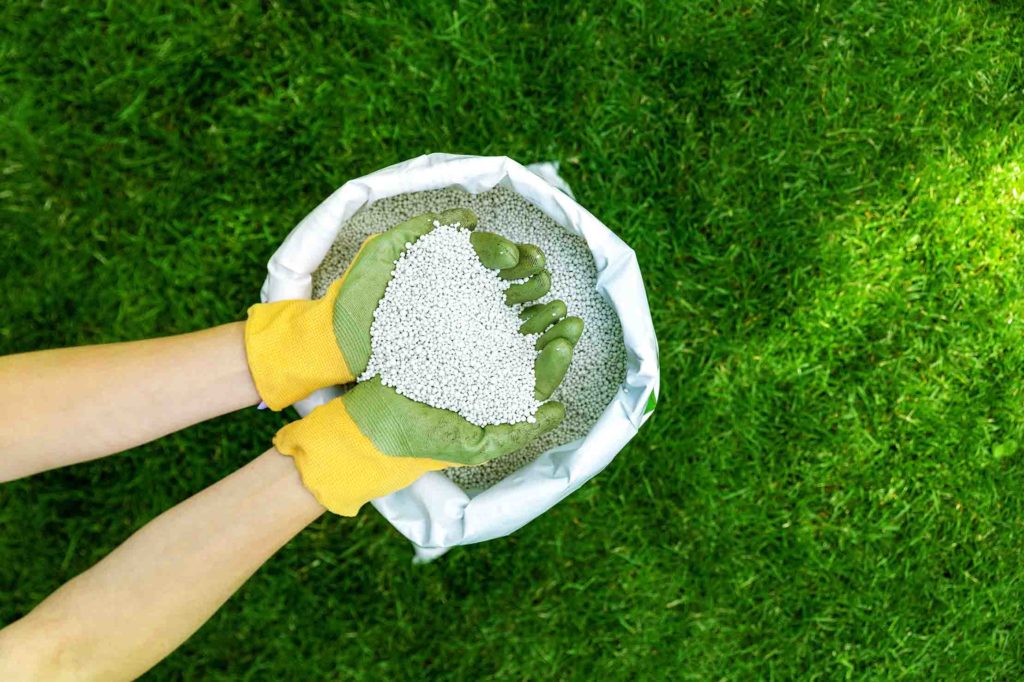
What Is Granular Lawn Fertilization?
Granular fertilizer is a form of lawn fertilizer that comes in small pellets, or granules, that you can hold right in your hand before applying. The physical granules can come in a wide variety of colors, shapes, and sizes, but they all have the same goal of preserving and improving the long-term health of your lawn. The granules dissolve slowly, after being watered into your lawn, which produces longer-lasting results than liquid or organic fertilizer types. For this reason, granular lawn fertilization is the more popular choice in Illinois for most homeowners and professional lawn care providers.
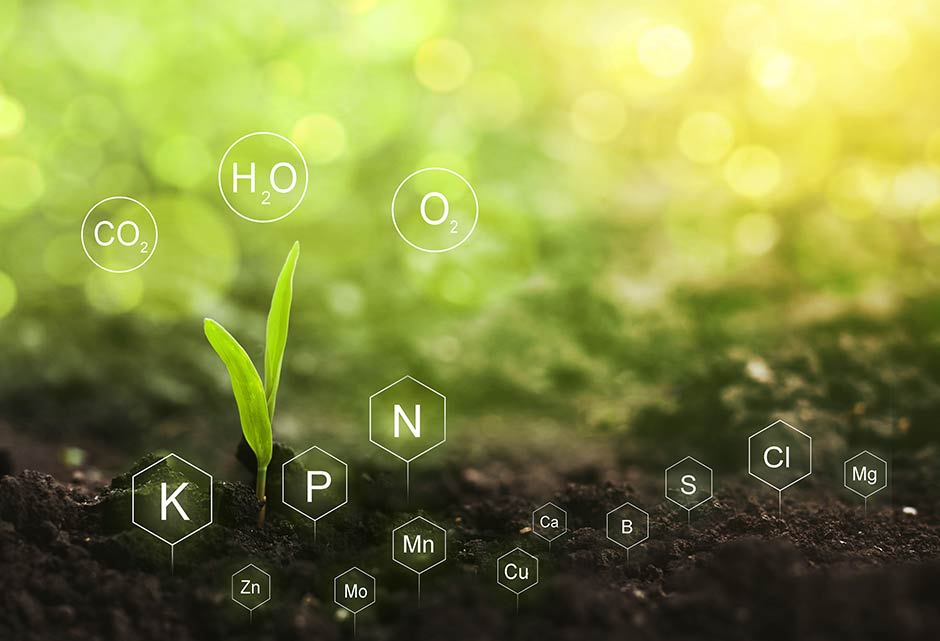
What's In Granular Fertilizers?
Granular fertilizers, like all store-bought fertilizers, will have the NPK ratio labeled right on the packaging to mark the amounts of nitrogen (N), phosphorus (P), and potassium (K) that are present in the granules. These three macronutrients are essential for promoting healthy growth in plants and lawns. You can look at the ratio on the label to indicate which is the dominant nutrient present in the granules of a specific fertilizer. For example, a granular fertilizer with an NPK ratio of 10-5-10 would have equal parts nitrogen and potassium. Let’s look at what nutrient should be dominant in your fertilizer based on the needs of your lawn.
Types Of Granular Fertilizer
- Nitrogen-rich granular fertilizers are best for lawns that need a burst of life and color. Thin or yellowing grass can be remedied by a healthy dose of nitrogen fertilizer, but too much nitrogen may stress out your grass and cause more damage. Make sure you monitor nitrogen levels and read labels to ensure the right amounts are applied.
- Phosphorus-free fertilizers exist because too much of it in the soil can lead to declining surface water quality or nutrient deficiencies. Phosphorus is still very important for root development, so it is best to use a balanced fertilizer that contains less phosphorus than others.
- Potassium-rich granular fertilizers are the best option to use on lawns that frequently deal with disease. Potassium defends against fungal infection and harsh weather conditions, both of which can cause snow mold, making them the perfect winter fertilizer for Illinois!
Benefits Of Granular Fertilizer
The benefits of granular lawn fertilization certainly outweigh any negatives, the most common of which is that individual granules don’t have the exact same nutritional make-up from pellet to pellet (click here for more information). Still, the fact that granular fertilizers aim to sustain the health of your lawn throughout the growing season make them a no-brainer for Illinois lawns.
- Slow Release – Granular fertilizers are designed to be slow-release, meaning nutrients are released over time rather than all at once. This helps ensure that your lawn gets the proper amount of nutrients for a longer period of time.
- Cost Effective – When purchased in bulk, granular fertilizers are typically cheaper than liquid fertilizers. They also work harder to keep your lawn healthy, meaning fewer costly lawn care jobs!
- Easy Storage – Granular fertilizers often come in bags or buckets that can be stacked on top of one another in your garage, or anywhere that is dry enough, so you can stock up!
- Long Shelf Life – As long as you keep granular fertilizers in a dry location, you can forget it’s even there until you need it. Granular fertilizer options do not usually have an expiration date.
- Fewer Applications – The slow-release delivery system of granular lawn fertilizers means they work over a longer period of time. Of course, this means less work for you!
- Visible On Lawn – Unlike liquid fertilizers that can evaporate in the hot sun, granular fertilizers can be seen going to work right on top of your grass after being applied.
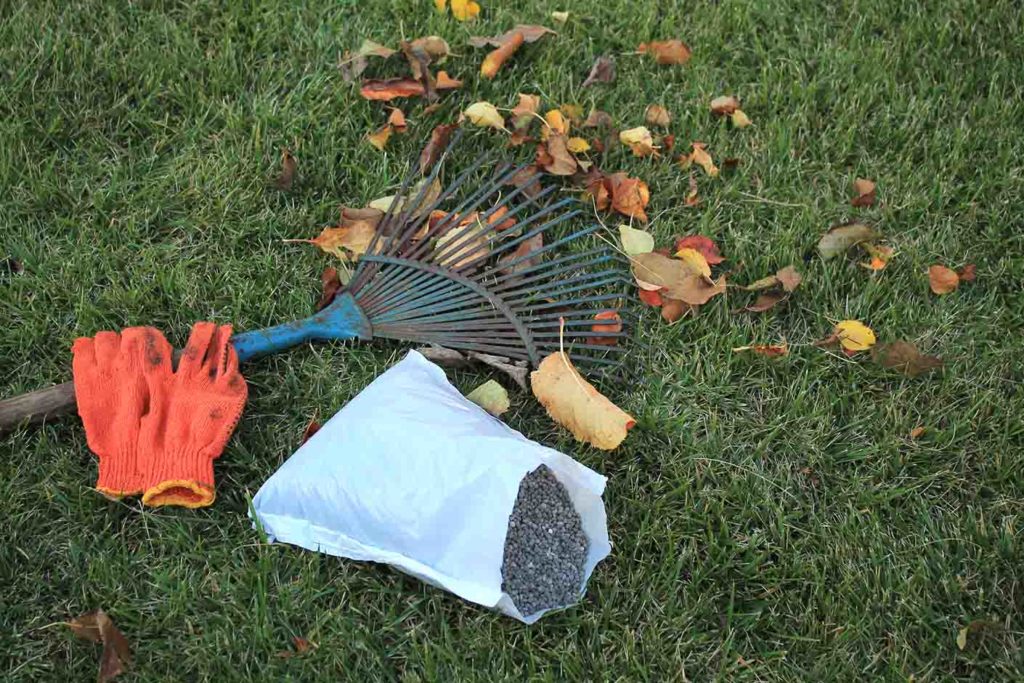
When To Apply Granular Fertilizer
As we all know, Illinois has some of the harshest winters that see high winds, bitterly cold temperatures, and tons of snow. This is exactly why granular lawn fertilization is the best choice for our area! Early spring and fall are the best times to apply granular fertilizer. This is true for a number of reasons, including that granular fertilizers are slow-release, so granular lawn fertilization can help jumpstart your lawn’s growth in the spring and protect it during winter!
Aside from the obvious benefits of a slow-release delivery system, granular fertilizers are the best option for fall applications because they are able to penetrate layers of plant matter. Obviously, this is hugely beneficial in fall because leaves are landing on top of your lawn, not to mention other tree debris and thatch buildup, and the hardened granules can easily roll and fall down to the ground rather than being absorbed before they reach the soil like liquid fertilizers.
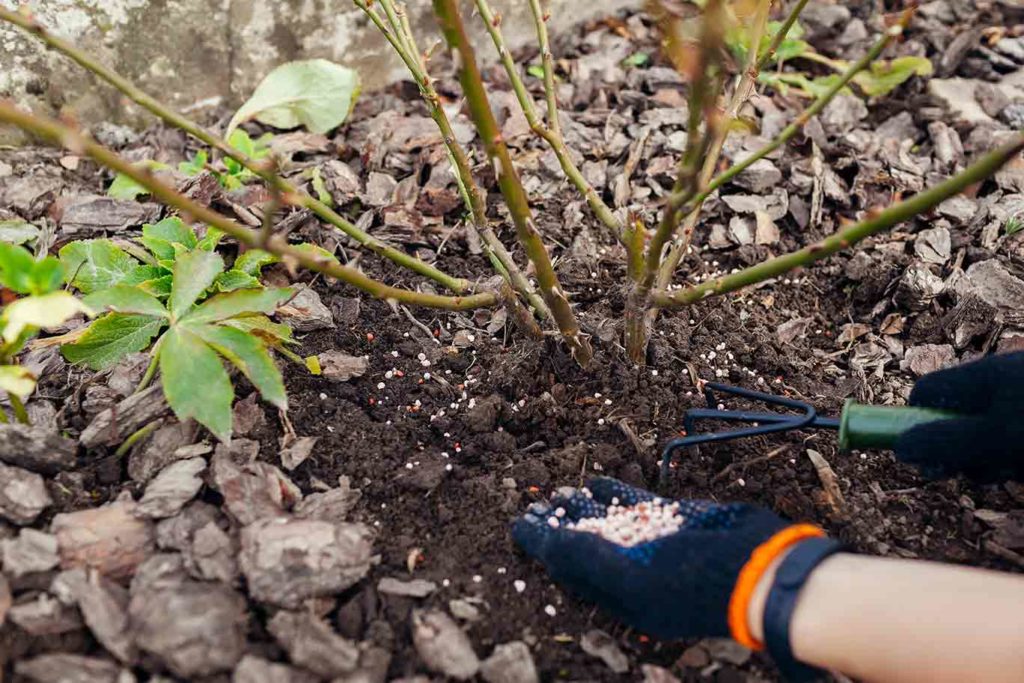
How To Apply Granular Fertilizer
Applying granular fertilizer is simple enough, but it does require you to be accurate in order for your lawn to reap the benefits. First, measure the area of your lawn that you plan on fertilizing, and calculate how much granular fertilizer you will need. Next, spread the granules evenly across your lawn using a hand-held or walk-behind spreader. Finally, water your lawn thoroughly after applying granular fertilizer to help it slowly absorb into the soil, which is an absolute must!
Granular lawn fertilizers are not activated until they meet moisture and soak into the soil of your lawn, so watering your lawn after is equally as important as actually applying the granules. Keep these other tips in mind when applying granular fertilizer to your lawn this season:
- Stay off of the lawn after fertilizing to prevent granules from being stuck in the grass blades.
- Be sure to spread granular fertilizer evenly, as granules that clump together will not provide an even distribution of nutrients.
- Walk at an even pace with a spreader, and be sure to apply granules as close to the hard-to-reach areas as possible. A second pass helps!
- Check the temperature outside before applying granular fertilizer. Ideal temperatures for optimal results are between 50 and 90 degrees Fahrenheit.
- In either spring or fall, rake up any thatch or other plant matter that may be on top of your lawn. This will help ensure that the granules make their way to the soil surface.
- Call Elite Lawn Care for the best granular lawn fertilization in Illinois!
CONTINUE READING
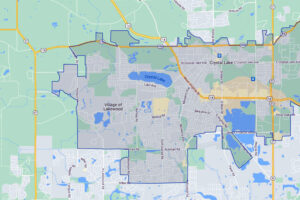
Village Of Lakewood IL | Lawn Care & Landscaping
Elite Lawn Care is one of the top providers for Lawn Care, Landscaping and Snow Removal Solutions in Lake In The Hills and neighboring regions. Our dedication to providing quality service and customer fulfillment has earned us a reputation as a reliable industry leader.
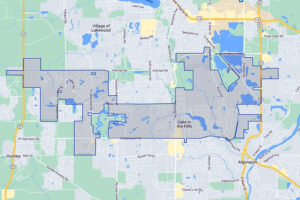
Lake In The Hills IL | Lawn Care & Landscaping
Elite Lawn Care is one of the top providers for Lawn Care, Landscaping and Snow Removal Solutions in Lake In The Hills and neighboring regions. Our dedication to providing quality service and customer fulfillment has earned us a reputation as a reliable industry leader.
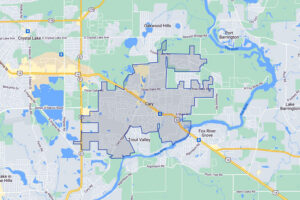
Huntley IL | Lawn Care & Landscaping
Elite Lawn Care is one of the best choices for professional lawn care services in Cary and the surrounding areas. With a steadfast commitment to excellence and customer satisfaction, we have established ourselves as a trusted name in the industry.
